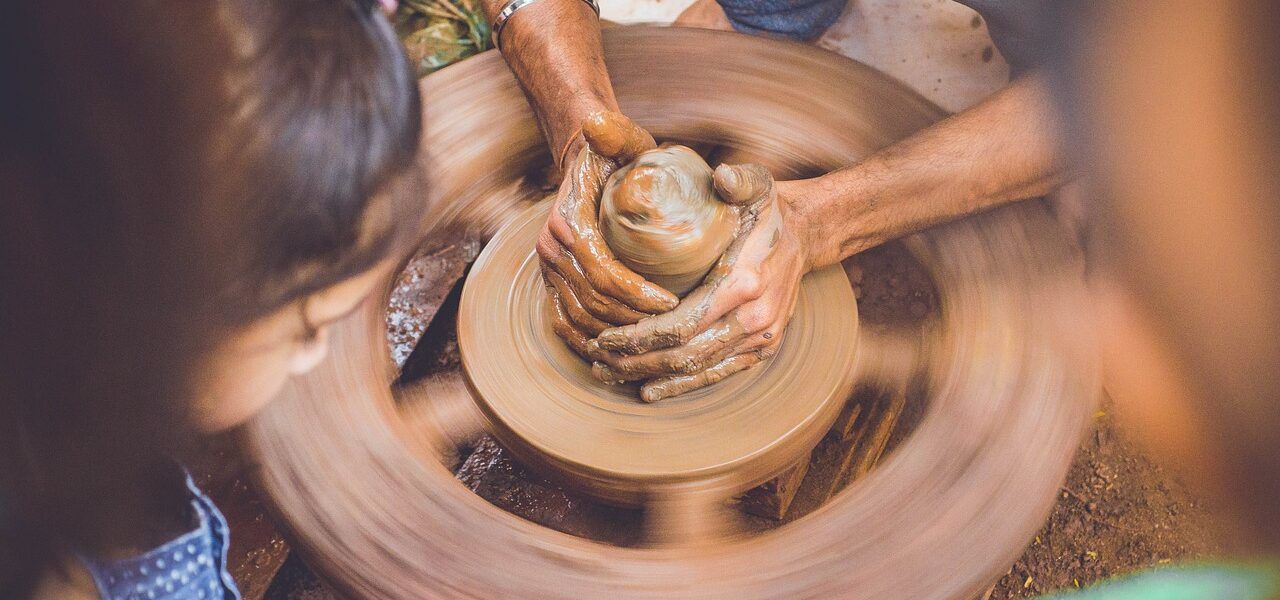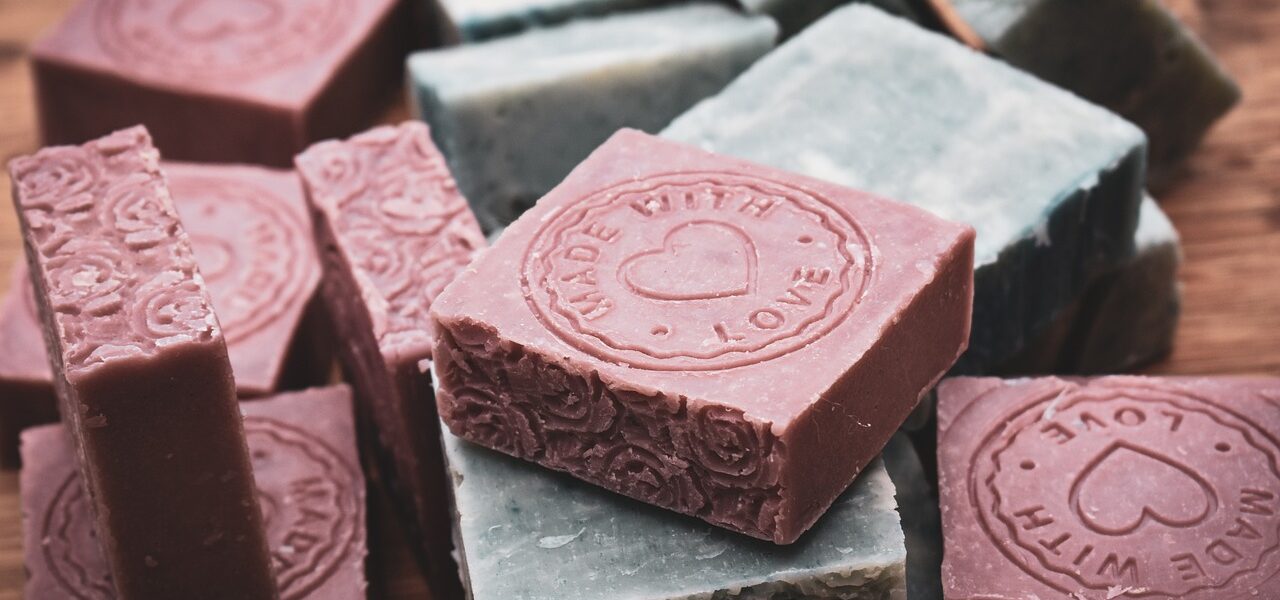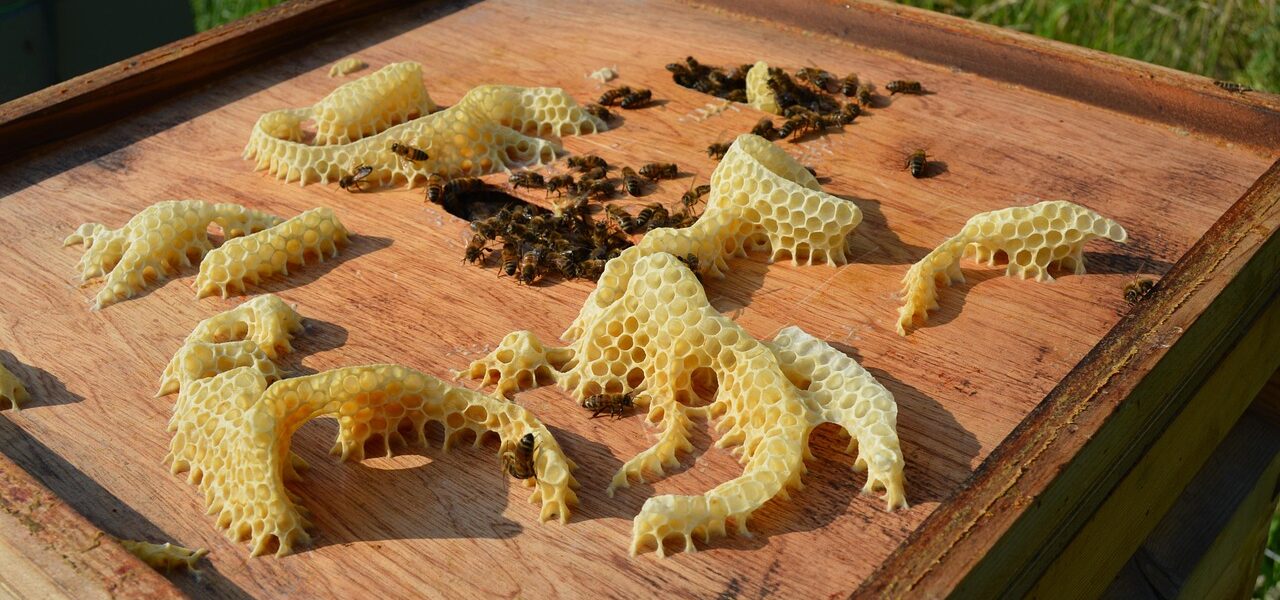Traditional Craftsmanship in Donousa: Weaving, Pottery & Handmade Products
📍🌍With few commercial businesses and a tight-knit community, the island offers visitors the chance to engage directly with local artisans, many of whom continue age-old practices such as weaving, pottery, and the creation of natural cosmetic products. Supporting these small-scale crafts not only sustains the island’s economy but also helps preserve its cultural heritage in an environmentally conscious way.
1. “To Kafeneio tou Mitsou” – Weaving and Natural Dye Workshops
Description:
In the heart of Stavros village, this small kafeneio doubles as a cultural center where local women occasionally host traditional weaving demonstrations.
- They showcase how to operate the argalios (traditional loom) and explain natural dyeing techniques using plants and minerals native to Donousa.
- On some days, short workshops are organized for visitors to try weaving or dyeing themselves, offering a meaningful way to connect with the island’s cultural heritage.
What to Expect:
- Expect a warm, community-based atmosphere
- chance to interact directly with local craftswomen.
- Demonstrations may be spontaneous, but when workshops are held, you’ll have hands-on access to looms and natural dye materials.
- No prior experience is needed — just curiosity and a willingness to learn.
Why It’s Sustainable ? :
- All materials used in the workshops are locally sourced, and no synthetic dyes are involved.
- The craft preserves ancestral knowledge while using ecologically sound methods, ensuring minimal environmental impact and the continuity of traditional practices.
Website: TripAdvisor – Kafeneio to

2. Donousa Soap & Beeswax Products – Handmade Natural Cosmetics
Description:
Just a short walk from the port of Stavros, a local couple crafts handmade soaps and skincare products using island-grown herbs, olive oil, and beeswax.
- Their tiny shop occasionally hosts workshops where visitors can make their own soaps, choosing from ingredients like sage, lavender, or mastic.
- These experiences blend local botany, wellness, and eco-conscious production.
What to Expect:
- You’ll be welcomed into a cozy workspace that smells of herbs and honey.
- During the workshops, you’ll learn the basic chemistry of soap-making and leave with your own handmade product.
- The setting is intimate and friendly, often limited to small groups, and booking is recommended via word-of-mouth — ask at Aposperitis Tavern for details.
Why It’s Sustainable?:
- No plastic is used in packaging, all ingredients are sourced from the island, and there’s no animal testing involved.
- The use of biodegradable or reusable containers supports zero-waste goals, and the products reflect a deep respect for the natural ecosystem of Donousa.
Website : Inquire at Aposperitis Tavern in Stavros for directions and workshop schedules.

3. Kalotaritissa Ceramics – Cycladic Pottery in a Remote Setting
Description:
In the tranquil village of Kalotaritissa, a skilled ceramicist continues the island’s ancient pottery tradition.
- Each item — from plates and jugs to abstract figurines — is handmade using local clay and features minimalistic Cycladic design.
- The studio is rustic and seasonal, but visitors are welcome to watch the creative process and purchase unique, handmade items directly from the artist.
What to Expect:
- You’ll visit a peaceful, off-the-beaten-path workshop where time seems to slow down.
- The artist may be working during your visit, giving you a chance to observe the shaping and firing process.
- Pieces are often available for sale on-site, but visits should be planned in advance as opening hours vary with the season.
Why It’s Sustainable ? :
- The clay used in the pottery comes from Donousa’s soil, firing is done in small batches to minimize energy use, and glazes are non-toxic and lead-free.
- The focus on handmade, durable goods also promotes sustainable consumer habits over mass production.
Website : Open seasonally — check availability by contacting To Kyma Kalotaritissa in advance.

Conclusion:
🥣Engaging with Donousa’s artisanal traditions offers a quiet but powerful form of ecotourism. These hands-on experiences connect travelers with the living culture of the island and support sustainable livelihoods that honor both heritage and the natural environment. It’s not just about souvenirs — it’s about stories, skills, and community.
